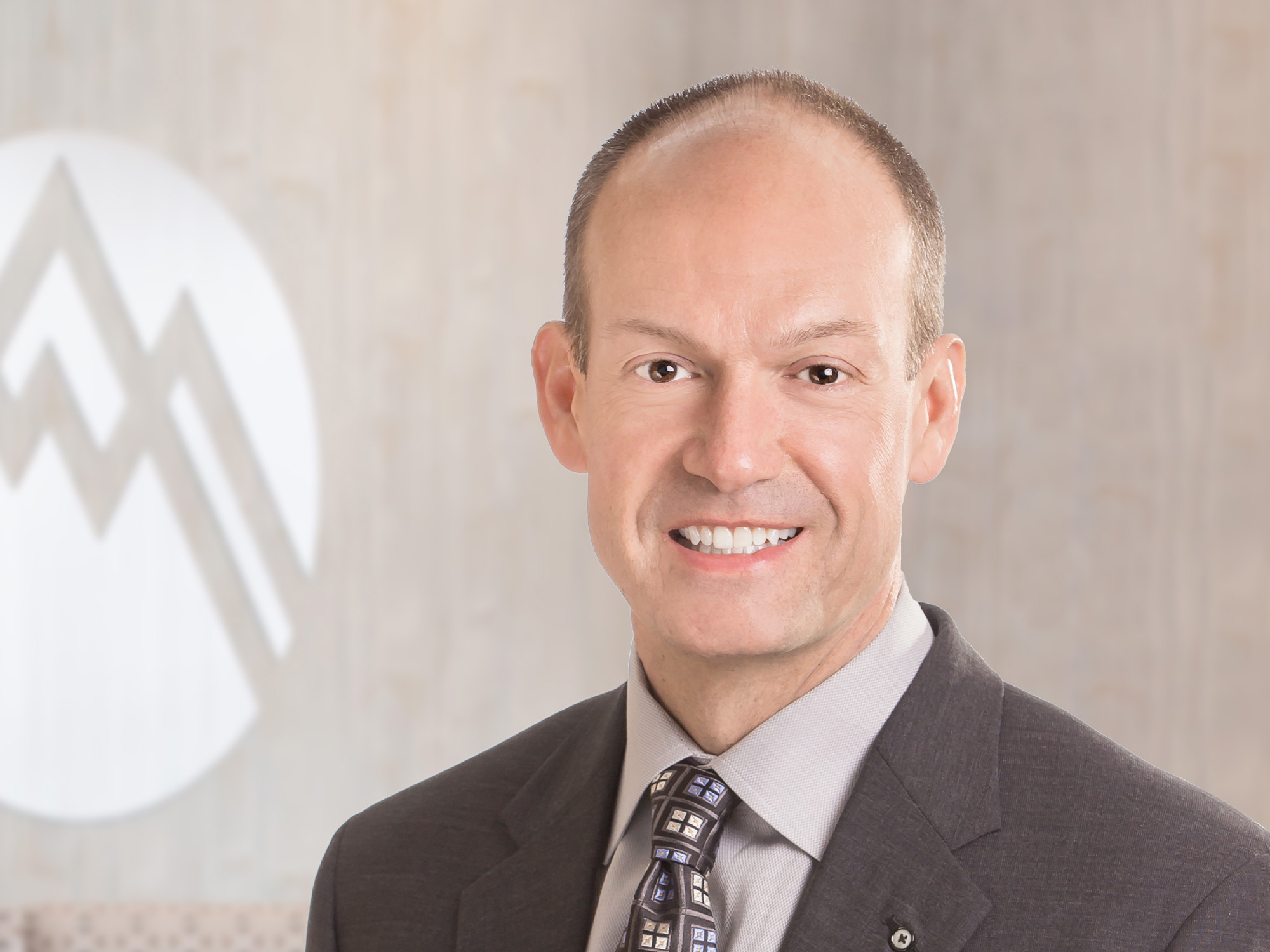Meet the Expert: Doctor Bio Video Series
Introducing Steven Sabers, M.D., an interventional physiatrist at Summit Orthopedics in Minneapolis/St. Paul, Minnesota. His specialties include physical medicine & rehabilitation, aggressive nonsurgical care for spine-related problems, and teaching fluoroscopic anatomy and spine procedures.
Meet Steven Sabers, M.D.
Dr. Sabers’ approach: “I treat my patients as I would want a family member treated, with a goal of reducing pain and improving quality of life.”
Dr. Sabers’ education: Dr. Sabers focused his education at Mayo Clinic in Rochester, Minnesota. There he completed not only his undergraduate studies, but also his medical degree, internship, and residency.
Summit Orthopedics offers comprehensive spine expertise
Our back specialists diagnose spine problems and design custom treatment plans built on a conservative, nonsurgical approach. Most patients find relief through treatments including guided injections, specialized physical therapy, biofeedback, exercise, activity modification, and medication. When conservative care does not relieve symptoms, our highly skilled surgeons offer proven, evidence-based surgical options. Together with you, we will determine the right course of action.
Start your journey to a healthy spine. Find your spine expert, request an appointment online, or call us at (651) 968–5201 to schedule a spine consultation.
Summit has convenient locations across the Minneapolis-St. Paul metro area, serving Minnesota and western Wisconsin. We have state-of-the-art centers for comprehensive orthopedic care in Eagan, MN, Plymouth, MN, Vadnais Heights, MN, and Woodbury, MN, as well as additional community clinics throughout the metro and southern Minnesota.
More resources for you
Video Transcription
My name is Dr. Steven Sabers. I’m an interventional physiatrist at Summit Orthopedics. And what that means in common language is, I do injections, and my specialty is nonsurgical spine care. So my goal for people is to get them involved in a comprehensive, nonsurgical treatment plan. And that commonly includes physical therapy, medications, injections, and if necessary, a referral on to my surgical colleagues, if their condition warrants surgical intervention. But the goal is to match the patient with the best care and not overtreat. With a comprehensive treatment program, our goal is to get people back to doing the things that they want to do, not necessarily adding years to life, but adding life to years. Outside of work, I enjoy climbing, bicycling, and wakesurfing with my family at the cabin on weekends, especially in the summertime. From a work standpoint, I enjoy the balance between clinic and procedures. I like knowing my patients. I’ve done this now for about 20 years, which makes me sound older than I like to think, but you develop a relationship with people. You know and understand them and what their needs are and what their desires are. What are their goals for treatment? And then the procedural aspect is also technically challenging, demanding. I enjoy that balance over time.
